"A truly good book teaches me better than to read it. I must soon lay it down, and commence living on its hint. What I began by reading, I must finish by acting." -Henry David Thoreau
Every day that we have free or leisure time, there's this great conflict as to how we spend it: working to better ourselves and improve our knowledge, and taking the time to enjoy our lives in whatever way we see fit. Sometimes, this goes horribly awry, as the B-52s would attest in their (relatively) new song,
But there's often no better way to combine these two pursuits than by reading a good book. This past year, a large number of people asked me to review books, posters, calendars, and more. As always, I'm loathe to say anything that's negative overall about a product, but I thought this would be a wonderful time to highlight five educational reads that you may not have heard of before. Let me share with you what I've found.
The first story I'd like to highly recommend is Trinity: A Graphic History of the First Atomic Bomb, by Jonathan Fetter-Vorm. This is primarily a history book, but inside is a richly detailed (and very well explained) account of the first atomic bombs and the early history of nuclear fission and fusion on Earth. It's a very informative behind-the-scenes look at the entire Manhattan Project and its major players, but the illustrations inside are what steal the show.
This was a fast and engaging read for me, and both the science and history lined up very well with what I had learned previously, which tells me that the author really did his homework. The innovation of presenting this story in a graphic novel format really appealed to me, and I'm happy to recommend this very highly for anyone interested in learning more about nuclear fission and the first atomic bombs.
My second recommendation is How to Teach Relativity to Your Dog by my fellow scienceblogger and physicist, Chad Orzel. Chad's first book, How to Teach Physics to Your Dog, was a dialogue between Chad and his dog, Emmy, and this book follows the same format. Instead of quantum physics (the focus of the first book), this one focuses on Einstein's relativity, and through a series of increasingly more sophisticated questions and answers, Chad takes the reader through the concepts of spacetime, velocities near the speed of light, particle physics and general relativity as well. The big caveat that comes along with this book is that, despite its claims, it is not suitable for the general layperson.
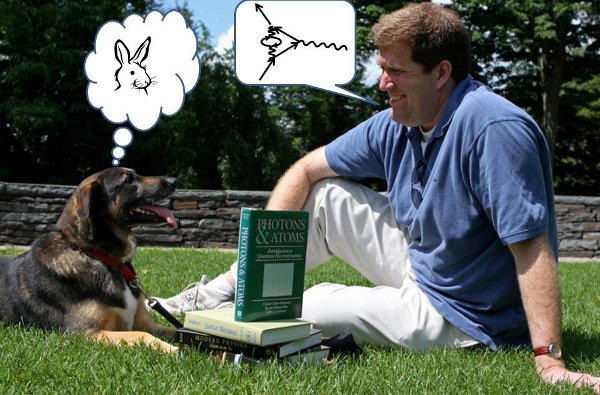
Image credit: Chad Orzel, from http://dogphysics.com/.
If you haven't completed at least one year of college-level physics (or are prepared to devote a substantial amount of time to the material), this book will very likely be too advanced for you. If you are at that level, however, there are some real gems inside, including the very clear way he explains the Michelson-Morley experiment and his diagrams on relativistic spacetime. The fact that this book is very up-to-date as far as our modern understanding of physics goes makes it very valuable, and is probably the best relativity book written at this level since Eddington's. If I was a college physics student at the end of my first year and wanted to teach myself relativity, this would be the first book I'd want to get my hands on. (I used Eddington's back in 1997 when this was the case; this is the only book I've seen since that I would have preferred.) It strikes the right balance between richness/depth and accessibility for that level, but don't buy this book thinking you'll get away without working through some math, equations or diagrams; it is not that kind of book.
One of the things that drives me crazy about the internet are repeated claims about how something either is or isn't a danger to humanity, regardless of what the science actually has to say about it. Your opinion, although you may be entitled to it, is wrong if it runs counter to what scientific facts demonstrate. If your opinion is that the Earth is not warming, you're wrong; if it's that vaccines cause autism, you're similarly wrong. There are anti-science narratives on all ends of the political spectrum (and I am against all of them), and in Science Left Behind: Feel-Good Fallacies and the Rise of the Anti-Scientific Left, Alex Berezow and Hank Campbell try and take on the anti-science narratives common to left-wing circles.
This is an important topic; just as I feel the need to speak out against those who deny global warming and climate science, I also feel the need to speak out (particularly where I live in Portland, OR) against those who think that fluoridated drinking water is a poison, that food labelled "organic" is healthier than its non-organic counterpart or that GMOs are dangerous to our health. I am going to come right out and say that this is not a perfect book: some of the false equivalencies are egregious (e.g., PETA and Greenpeace are not representative of the "mainstream left"), some of the arguments are pure strawmen (wind power is bad because it kills birds), and some nuanced issues such as agriculture and climate policy are grossly oversimplified (and, in particular, are neglectful of long-term environmental issues) in their presentation.
However, this is -- as far as I know -- the best and first book to tackle many of these anti-science claims, and while it is not the definitive work on any of these subjects, it's worth a read for anyone who is infuriated by claims that republicans are anti-science. Some republicans are anti-science and some mainstream republican policy runs counter to science, but there are huge anti-science elements among the left as well. While I don't see anything approaching the equivalence that Berezow and Campbell do, the book does an excellent job of bringing together a large survey of different ways that elements of the political left in America fail to heed what science has to say.
For the more fanciful among you, you may wonder what it would be like to journey to other stars and star systems, what we'd find there, and what the Sun (and sky) would look like as viewed from such a great distance. Erik Anderson has put forth a delightful (and richly-illustrated) coffee-table book, Vistas of Many Worlds: A Journey Through Space and Time, that's a fun and easy read that stimulates your imagination.
Traveling forwards and backwards through time, Erik's book takes us far into the future, where a little-known star will move to within less than a light-year of Earth, back in time to when Earth's skies were different, and to different worlds in the galaxy in solar systems very different from our own. Unlike the other books I've listed here, this is a great book to read at-your-leisure, just a page or two or four at a time; there are many self-contained journeys of the imagination that are easy to take, and there's no sense of urgency required when reading this book. Much as you can tell how much Chad loves his dog when you read his relativity book, you can tell how much Erik loves wondering about the night sky and foreign worlds and times. He does a wonderful job with this book of sharing that love with the world.
And finally...
If you need a wall calendar for the coming year, I highly recommend the Planetary Society's The Year In Space 2013 wall calendar, which is one of the most well-designed calendars I've ever seen for a space enthusiast. It's very large -- at 11" x 16" folded up, it feels more like having a significant poster on your wall than a rinky-dink calendar. The illustration accompanying each month is spectacular to look at, and the calendar is loaded with information, from Moon phases each-and-every-day to calendar anniversaries to science and space facts.
If you enjoy quality in a wall calendar, this one is reasonably priced and well worth it.
For those of you wondering where my book is -- perhaps because you remembered I said I was doing NaNoWriMo this year -- I did, in fact, start writing a novel. I didn't want to interrupt the blog (or my day job) to do it, and so I only wound up with about 12,000 words so far. I know you're dying to see what that looks like, so here's just a very small excerpt.
I smiled, pulled my goggles back down over my eyes, and returned to watching the Sun. The eclipse began once again, with the large, dark disk moving rapidly across the face of the Sun, commencing its brief, devouring journey. I flipped up my goggles to see if there was a visible shadow approaching. Off in the distance, a dark shadow crept across the cloud-and-mountaintops, steadily moving towards us.
By time I flipped the goggles back down over my eyes, the Sun was halfway blocked out, and it was just another handful of heartbeats before it was completely swallowed. Suddenly, there was absolutely nothing visible through the darkened glass. I heard two gasps come from the direction of my parents, and I flipped the goggles up once again.
But even though I looked towards them, it wasn't them that I saw; I was far too distracted by the sky around me. Hundreds -- no, maybe even thousands -- of glittering points dotted the sky, while a dazzling set of elongated streaks splayed out from behind the eclipsing disk's shadow. And it was indeed a disk, whose dark features still stood out among the bright features alight in the sky. It was easy to see just how big it was, too, and it was, in fact, significantly larger than the diameter of the Sun, and yet maybe only a small fraction of the diameter that it appeared when it was overhead.
How vast it all was! As I craned my neck towards the zenith, admiring the vast canopy of the star-studded heavens, I saw the sunshine begin to creep over the land and cloud tops to the west. The beams of light moved quickly towards me, as the stars began to disappear from overhead. The dimmest ones faded away first, and then rapidly they all winked out of existence, as finally the light reached our eyes.
I had to close my eyes, the Sun was so brilliant and surprising when it re-emerged. Flipping the dark glass down over my eyes was more of a relief than anything. Watching the disk of the Sun re-emerge from shadow was still an amazing sight, and I was still, somewhere in my head, thinking of calculating just how far away and large it actually was.
But my imagination had been fired by something far grander. It was no longer enough to reach for the skies.
I wanted the stars.
This is only a rough draft, and the novel is probably less than a quarter done, to be honest. But what's written is 12,000 more words than I had before I started, and the experience of writing it can only be good going forward; a book of some type will certainly be forthcoming in the next couple of years from me. And when it's out, you'll be the first to know! Hope this list gave you at least one good holiday idea for either yourself or someone you know, and thanks for sharing a little slice of your weekend with me!

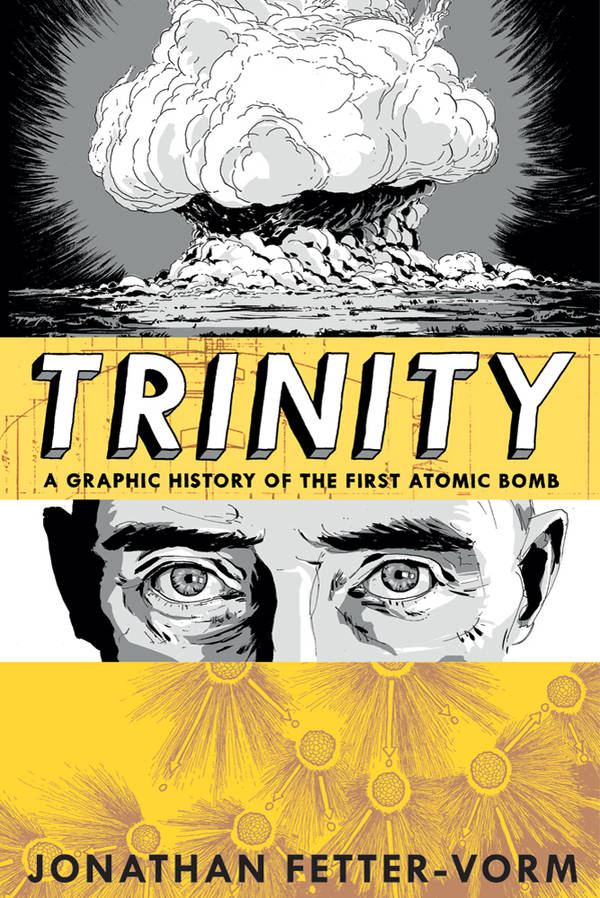
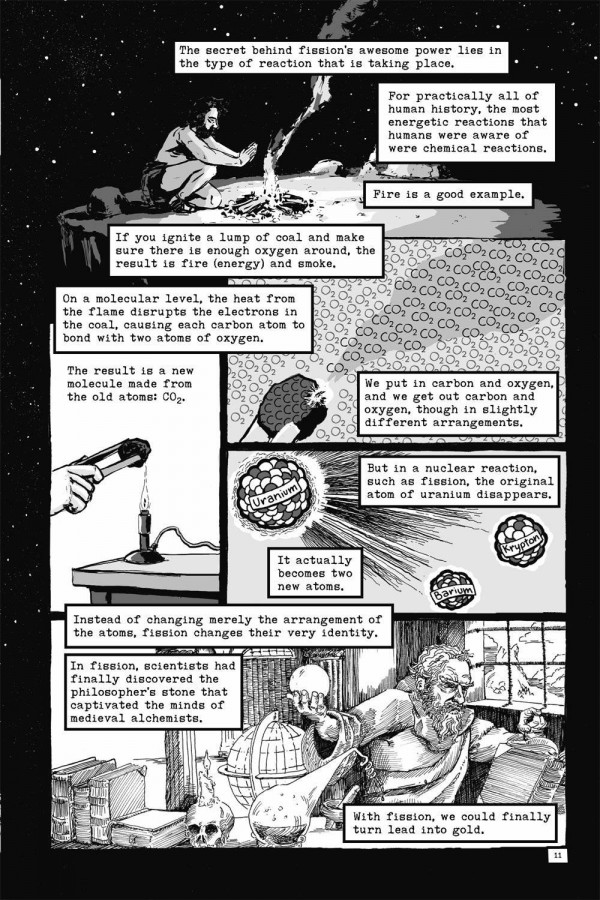
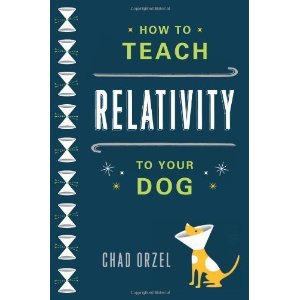
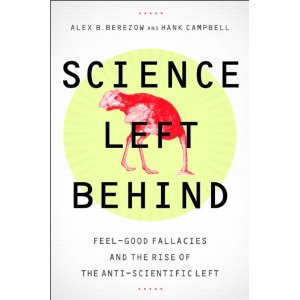
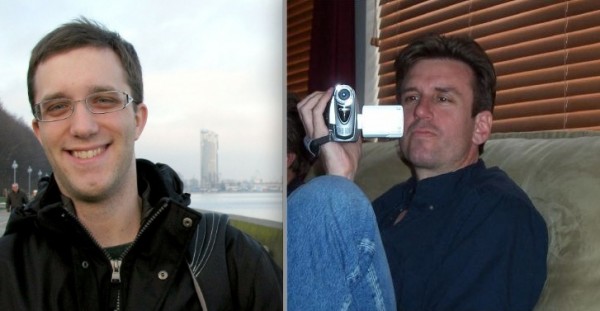
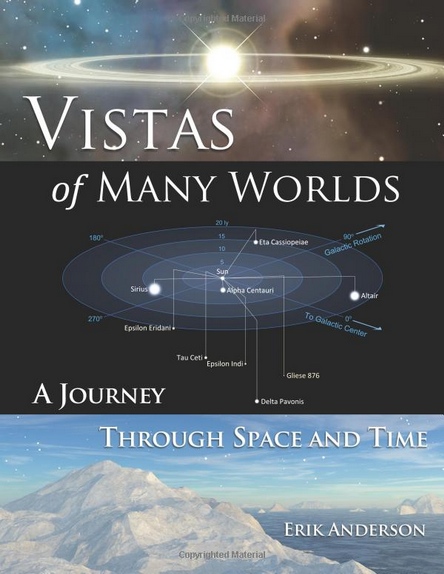
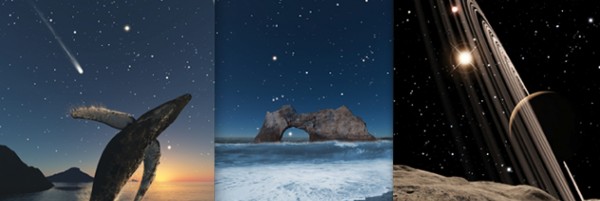
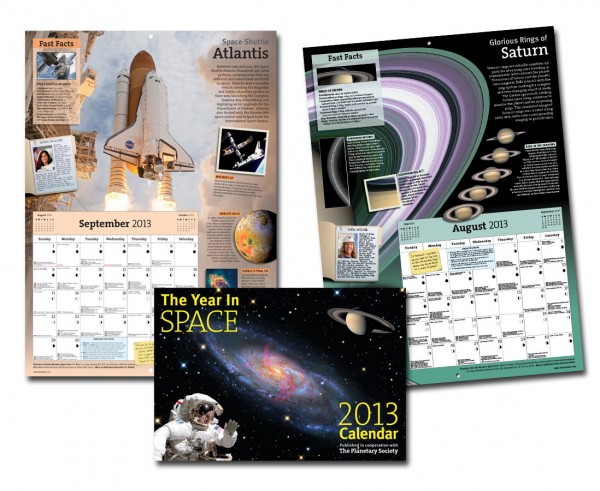

Good for you. I am sure you know this. Write even just three sentences every day, no matter what. If you have to erase them sometimes, so what? Your novel will only be as good as your final edit anyway... Write three pages - much better for one day. Still, if you have to back up, so what? You're a wordsmith, fella. You already know how they are a dime a dozen. Burn the bad ones out and lay down more. Easy.
Thanks for the reading selections. I would like to recommend Richard Dawkins "The Magic of Reality" as a good book for 6th to 12th graders. It gives a general intro to physical science and is wonderfully illustrated. While not attacking superstition and myth directly (read "religion") he emphasises the scientific method necessary for the proper understanding of the world we occupy.
I think your style needs a little bit of tightening up to reduce the number of unnecessary words. To take one minor example from the first paragraph, there's no need give reasons in advance for flipping up your goggles if you're then going to describe what you fully expected to see.
You might consider collecting and browsing through one or two dozen short articles on essential story writing skills from Camy Tang's website. It's cheaper and more readable than getting a "how to" book and she provides excellent summaries - mostly from 2005 or thereabouts - to assist an aspiring novelist.
Randy Ingermanson's website would be my second choice, except he has an irritating habit of using: "Randy Sez" a bit too much.
I wish you luck in finding a publisher.
Sorry you didn't complete NaNo....I did !!!!
I stopped at 51,000 words but still need to get a few thou more done for the 1st draft.
I'm not writing just to brag, but to say that the 1st draft is the easiest bit; having completed NaNo several times yet still not to have got beyond the 2nd draft is, I think, the big problem.
Anyway take courage, get 1000 words a day down and you'll get that draft done before you get too sick of it.
Let us know how it goes...........
Ethan
Thanks for sharing your NaNoWriMo progress.
You have a great descriptive writing style. You've grabbed my interest.
Write it first, beginning to end, for yourself and those supportive few.
Then rewrite, rewrite, edit, critique, add, throw away, and rewrite until you know it's done.